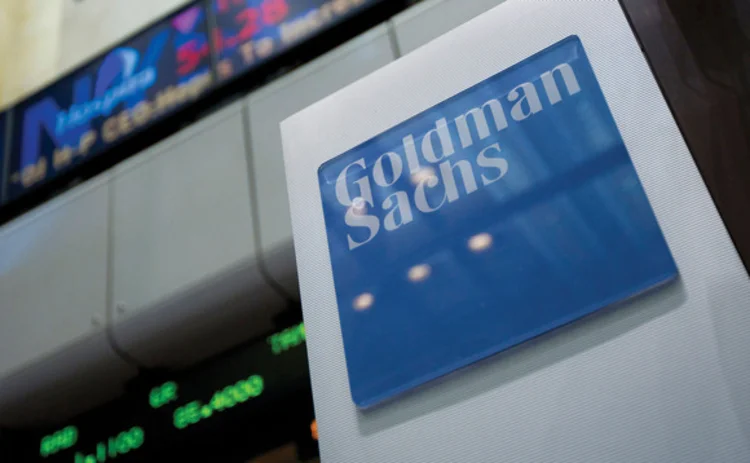
Currenex lawyers ask judge to dismiss class action lawsuit
Case alleging secret priority trading deals brought too late and not based on facts, defence argue

Lawyers for foreign exchange trading venue Currenex, its parent State Street and two other large market-makers, Goldman Sachs and HC Tech, have asked a US judge to dismiss a class action lawsuit accusing the four firms of striking secret priority trading deals. They cite statutes of limitations and argue the claims are not supported by facts.
The alleged offences include fraud, racketeering and conspiracy in violation of anti-trust laws. A key claim is that, starting from at least 2005
Only users who have a paid subscription or are part of a corporate subscription are able to print or copy content.
To access these options, along with all other subscription benefits, please contact info@risk.net or view our subscription options here: http://subscriptions.risk.net/subscribe
You are currently unable to print this content. Please contact info@risk.net to find out more.
You are currently unable to copy this content. Please contact info@risk.net to find out more.
Copyright Infopro Digital Limited. All rights reserved.
As outlined in our terms and conditions, https://www.infopro-digital.com/terms-and-conditions/subscriptions/ (point 2.4), printing is limited to a single copy.
If you would like to purchase additional rights please email info@risk.net
Copyright Infopro Digital Limited. All rights reserved.
You may share this content using our article tools. As outlined in our terms and conditions, https://www.infopro-digital.com/terms-and-conditions/subscriptions/ (clause 2.4), an Authorised User may only make one copy of the materials for their own personal use. You must also comply with the restrictions in clause 2.5.
If you would like to purchase additional rights please email info@risk.net
More on Markets
Franklin Templeton dethrones MSIM as top FX options user
Counterparty Radar: MSIM continued to cut RMB positions in Q3, while Franklin Templeton increased G10 trades
HSBC loses FX forwards market share with EU funds
Counterparty Radar: UK bank reported 6% drop in notional volumes with Ucits funds in H2 last year
Franklin Templeton steps back into FX options
Former biggest user of the instrument among US mutual funds returns with $7.6bn of USD/JPY strategies
Equity vol convexity selling gains momentum
Risky hedging strategy is attracting interest but can investors learn from past convexity blow-ups?
Continued decline of the one-stop shop
Dealer Rankings 2024: Only two banks make the top 10 across all rankings tables – others have focused on vertical dominance
Often fluid. Not always liquid
Dealer Rankings 2024: On the buy side and the sell side, the make-up and depth of OTC mini-markets can change rapidly
The squeezing middle: data shows Europeans taking on US foes
Dealer Rankings 2024: Barclays, BNP Paribas and Deutsche grab bigger share of the pie
Cuts and points – how the Dealer Rankings work
Dealer Rankings 2024: We have a simple way to compare dealers. Sort of simple, anyway







